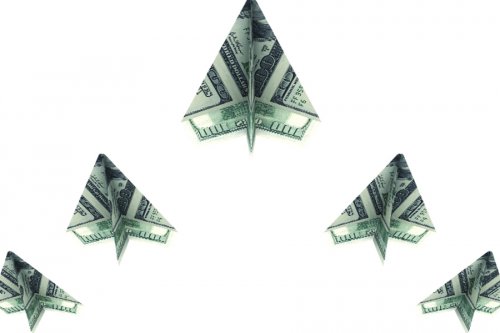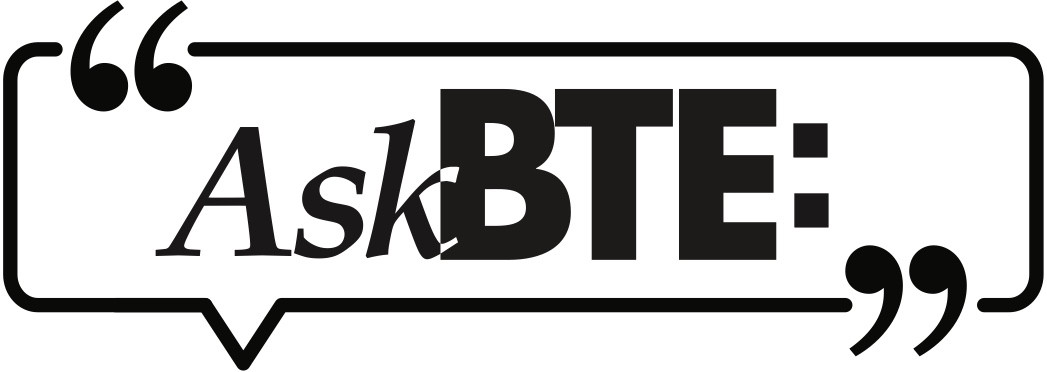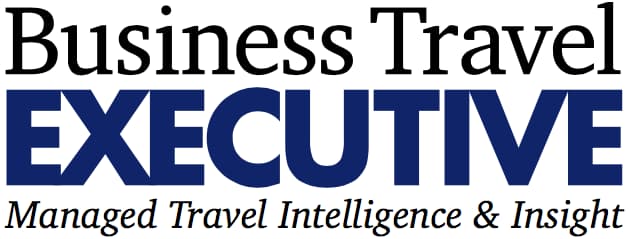Well, Delta has done it again. Much less drama here, but with even more long-term impact on our industry. For airlines, yes, but also for hotels, ground transport and TMCs. We all need to pay attention.
Why? Because Delta is forcing the quality question front and center into the travel procurement decision. In a way that is a game-changer.
Delta is guaranteeing that its on-time performance will be better than its two main rivals. This makes buyers factor in the quality of Delta’s operations as part of its value proposition.

Delta shows buyers the number of canceled and delayed flights – and lets buyers set their own values. The argument is sound and simple. “Delta saves you this much over our two rivals by completing more flights on time. That’s why we should get even more of your business.”
So now buyers also need to factor in the quality of Delta’s rivals. On a very measurable metric that matters a lot to travelers. Which has heretofore been "free," or at least unlinked to price. Or explain to management why this quality stuff doesn’t matter.
I think this is the first clear and ever-so-practical step taken by a major travel supplier to get buyers to focus on the total cost of travel. Not just the up-front price paid, but a pretty big piece of the whole airline value proposition.
In effect, Delta is unbundling the price of on-time performance. In a way that wins them friends, not enemies. It’s brilliant, and I love it.
Measuring quality in each travel category is possible, but few buyers make much effort. It’s much easier to assume (or pretend) that “they’re all the same.” That’s a classic procurement play. It reinforces the commodity nature of the suppliers, leaving them little choice but to compete on price.
With this move, the analytics behind any negotiation have to include the value of each airline’s quality. Today, the metric is system-wide performance. Tomorrow, who knows which factors the industry will want to compete on?
Here’s the thing: putting quality into the procurement equation is like bringing a puppy home to your kids. There is no way you’re ever going to take that puppy back. That’s why this is such a big deal for the entire corporate travel industry.
Think of the consequences:
• United and American now have to compete harder on this dimension of quality, and/or find other important quality factors which favor them. They too will have to put some money on the line. In Europe there are Air France/KLM, British Airways and Lufthansa...hmmm.
• Hey, what about hotels? Quality matters there, too, right? Maybe Marriott puts its average TripAdvisor rating up against Hyatt’s and Hilton’s...
You can see how all this will unfold. More money at stake means buyers will have more bandwidth to link quality to price.
I spoke about this very concept last month at GBTA’s Advanced Airline Sourcing session. (Note: I had no advance knowledge about Delta’s on-time guarantee.) In that session, I showed why buyers need to evaluate trip quality along with price, and how this could be done with the airline category.
Here’s how easy it is to link an airline’s price to quality.









